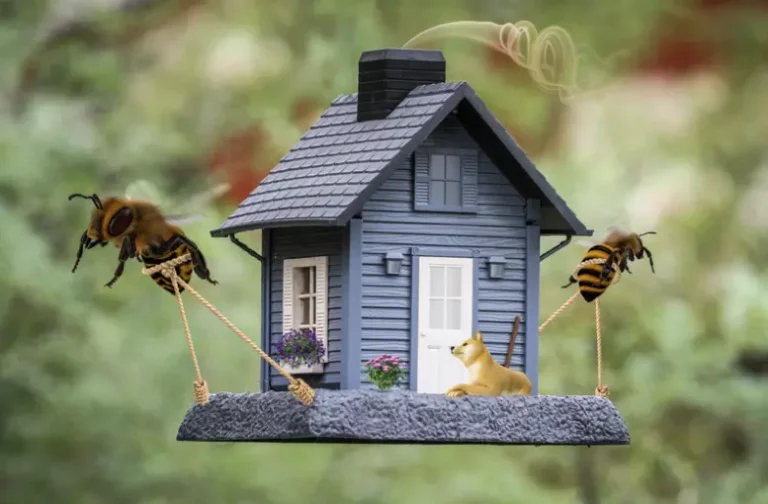Bees, often celebrated for their honey, play a far more crucial role in the natural world than many might assume. As some of the world’s most effective pollinators, bees are essential for the reproduction of many plant species and the sustainability of our agricultural systems. This detailed examination delves into the significance of bees, the threats they face, and the actions necessary to protect these pivotal creatures.
Understanding the Ecological Significance of Bees
Pollination Powerhouses: Bees contribute to the complex process of pollination, which is essential for the fertilization of plants and the production of seeds. About 75% of the world’s flowering plants and about 35% of global agricultural crops depend on animal pollinators, with bees being the most significant. This includes crops like apples, almonds, blueberries, and broccoli, which rely heavily on bee pollination.

Biodiversity and Ecosystem Services: Bees help increase plant health and prolong their productive period, which leads to greater floral diversity and denser habitats, benefiting a wide range of wildlife. The economic value of bees as pollinators is estimated to be between $235 billion and $577 billion worldwide annually, highlighting their immense contribution to global food security.
The Plight of Bee Populations
Colony Collapse Disorder (CCD) and Other Stressors: CCD is a phenomenon where bee colonies fail abruptly. While the exact cause is unknown, factors like pesticides, habitat loss, pathogens, and climate change are believed to contribute significantly. For instance, neonicotinoid pesticides have been shown to harm bee health, affecting their ability to navigate and reducing their resistance to disease.
Global Declines in Bee Populations: Reports from around the world indicate significant declines in bee populations. These declines are alarming, not just for agriculture but for natural ecosystems globally. In the U.S., beekeepers lost approximately 40% of their honeybee colonies during the winter of 2018-2019, a stark indicator of the ongoing challenges bees face.
Strategies for Bee Conservation
Habitat Restoration: Planting flower-rich habitats is crucial in providing bees with the nutrition they need to thrive. This includes creating bee-friendly spaces in gardens, farms, and urban areas with native plants that supply bees with nectar and pollen throughout the year.
Pesticide Regulation: Reducing or eliminating the use of harmful pesticides and replacing them with bee-friendly alternatives is essential. Integrated Pest Management (IPM) strategies can also help minimize impact on non-target species like bees.
Supporting Local Beekeepers: Purchasing local honey and other bee products supports the livelihoods of beekeepers who maintain the health and diversity of bee populations. Local beekeeping practices often promote healthier environments for bees by allowing them to feed on diverse natural flora.

Legislation and Advocacy: Advocating for laws and policies that protect pollinators and their habitats can drive national and global efforts to conserve bee populations. This includes funding for research into bee health, subsidies for bee-friendly farming practices, and public awareness campaigns about the importance of bees.
The Future of Bees and Technology’s Role
As we look to the future, technology holds promise for supporting bee conservation efforts. Advances in tracking and monitoring technology can provide real-time data on bee health and behavior, offering insights into the dynamics of bee populations and the effectiveness of conservation strategies. AI-driven platforms like PeakMet can analyze vast amounts of environmental data to predict and mitigate risks to bee populations. For instance, AI can help identify patterns that indicate disease outbreaks or environmental stresses, enabling timely interventions.

Moreover, emerging technologies in genetic research can help develop more resilient bee populations capable of withstanding pathogens and pesticides, while precision agriculture technologies can reduce the need for chemical inputs in farming, promoting a safer environment for bees.
In conclusion, the preservation of bee populations is not merely about saving a single species but about maintaining biodiversity, agricultural productivity, and ecological health worldwide. By understanding the challenges bees face and taking concerted action to mitigate these threats, we can ensure that bees continue to support life on Earth in myriad essential ways.


